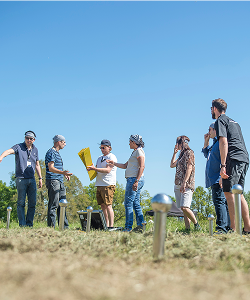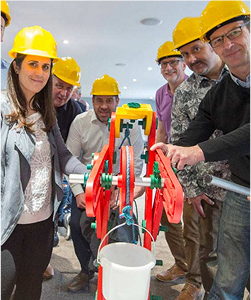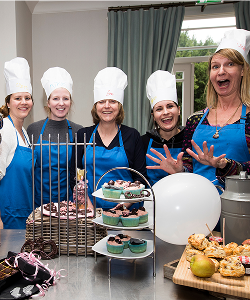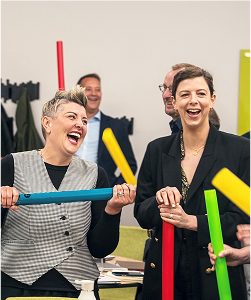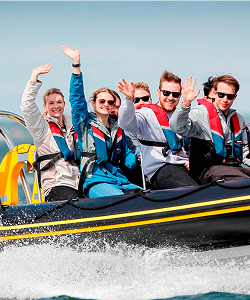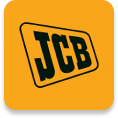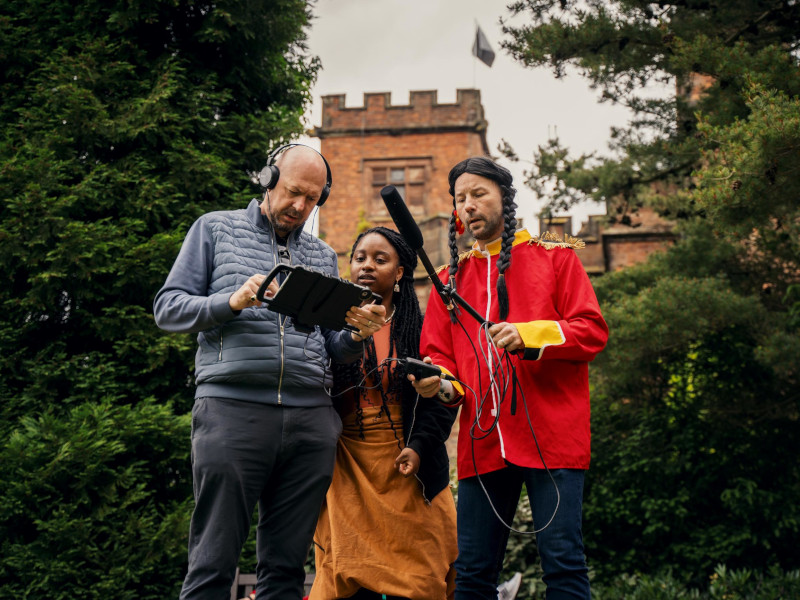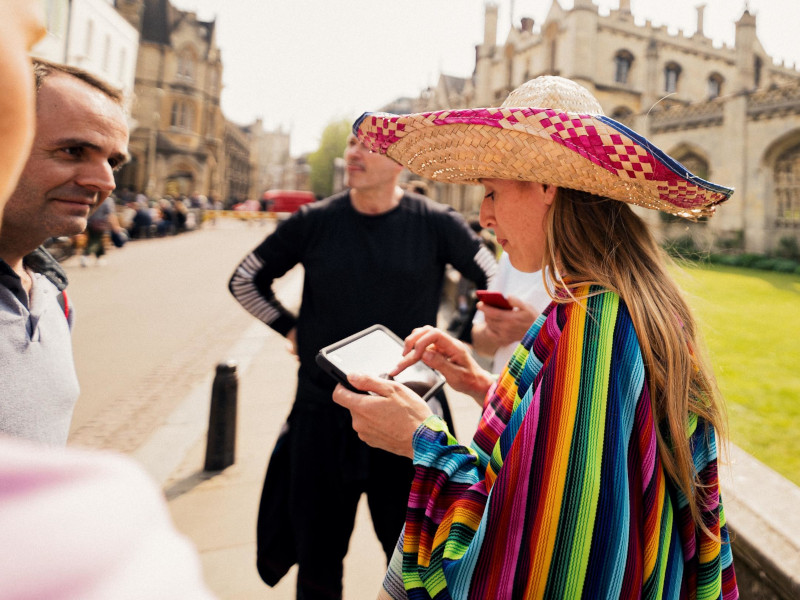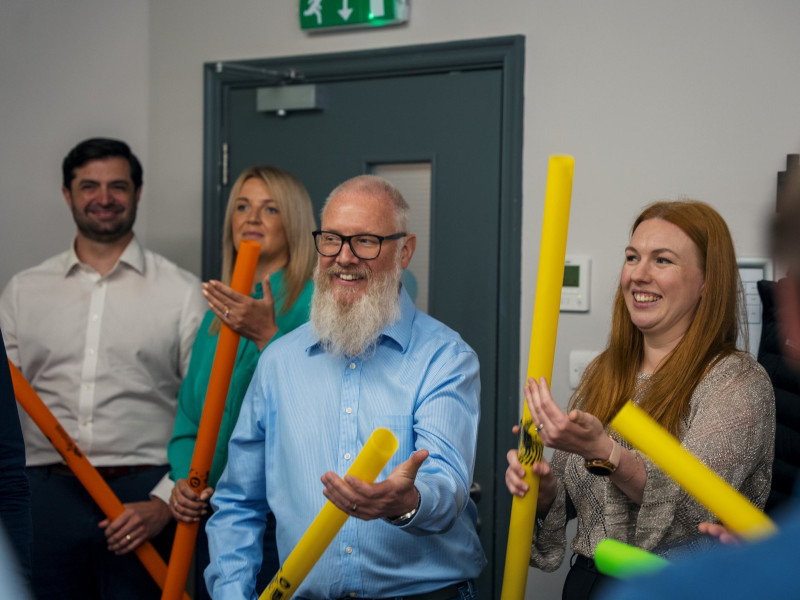The Social Identity Theory
By Faye Bellanca, Exeter University
Introduction
The Social identity approach is in stark contrast to individualistic theories such as Belbin's team role theory.
Primarily established by Henri Tajfel and his colleagues in the early 1970's this theory asserts that we must do more than study the psychology of individuals as individuals, but must understand how, when and why individuals define themselves in terms of their group memberships and how these memberships as a consequence effect the behaviour of employees within organisations.
The Theory
This theory is based on the now famous minimal group studies.
Tajfel found that even when individuals were grouped in terms of the most trivial of criteria (e.g. their preference for abstract painters) group members displayed in-group favouritism, by awarding more points to in-group members.
Individuals were found to display this bias even when by doing so they reduced their own individual economic gain.
From these studies Tajfel concluded that this process of categorizing oneself as a group member gives an individual's behaviour a distinct meaning, creating a positively valued social identity.
This group identity then becomes an integral aspect of an individual's sense of 'who they are'.
As a consequence of this new found identity individuals want to see 'us' as different from and better than 'them' and hence display in-group favouritism in order to enhance self-esteem.
However, the social identity theory does not disregard the impact of individual differences completely.
Tajfel asserted that behaviour can be represented in terms of a bipolar continuum.
At the interpersonal pole behaviour is determined by the character and motivations of the individual as an individual and at the opposite, inter-group pole behaviour is determined by an individual's group memberships.
Where individuals place themselves on this continuum depends on interplay between social and psychological factors.
Social and Psychological Factors
The psychological factors depend on individual's belief structures, which are determined by the relevant social structure.
In this way, an individual will display interpersonal behaviour if they hold social mobility beliefs in that they perceive the boundaries between groups within their organisations (e.g., between those of low and high status) as permeable.
If, however, the boundaries are perceived as impermeable, individuals will display inter-group behaviour hence relying on social change beliefs.
For example, if a woman perceives the boundaries between men and women in her organisation as permeable, she may try and advance within the organisation disassociating from her gender in-group and pursuing her own individual goals.
In this case she is utilising social mobility beliefs, her behaviour is positioned at the interpersonal pole of the continuum and she identifies herself in terms of her individual differences.
However, if she perceives the group boundaries as impermeable she is unable to better herself through moving between groups and hence relies on creating a positive social identity for 'women' in general, perhaps fighting for equality.
Therefore her behaviour lies at the inter-group pole; she is relying on social change beliefs and is identifying with the social identity she shares with other women.
Conclusion
The extent to which individuals define themselves as individuals or as group members depends heavily on the politics inherent within their organisational culture.
An individual's behaviour and teamwork cannot be predicted solely from their idiosyncratic characteristics but is also dependant on the social context which determines the belief structures they utilise.
This summary is extremely brief and does not do justice to the complexity of this theory which comprises of an additional approach known as the self categorisation theory.
The social identity theory has been applied to every aspect of organisational psychology and is supported by both archival and experimental research.
If you are interested in learning more about this theory a popular organizational text 'Psychology in organisations' by Professor Alex Haslam provides an extremely clear and informative summary.
